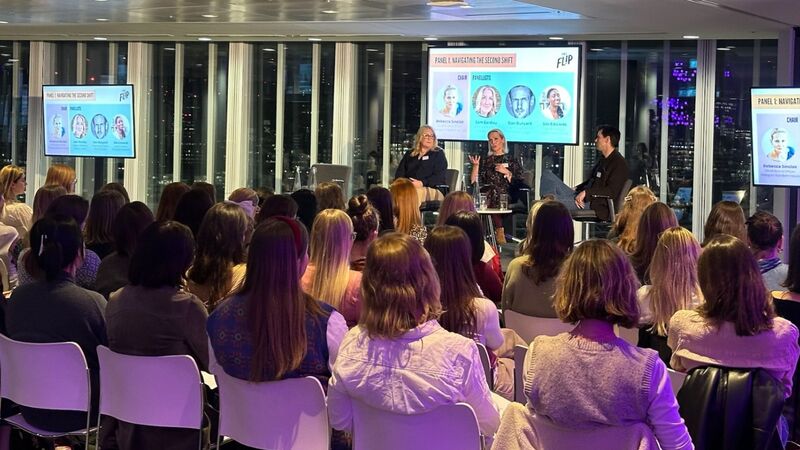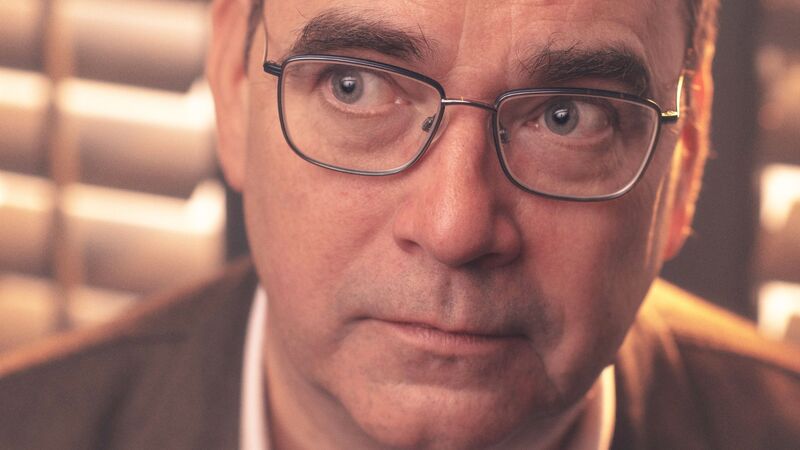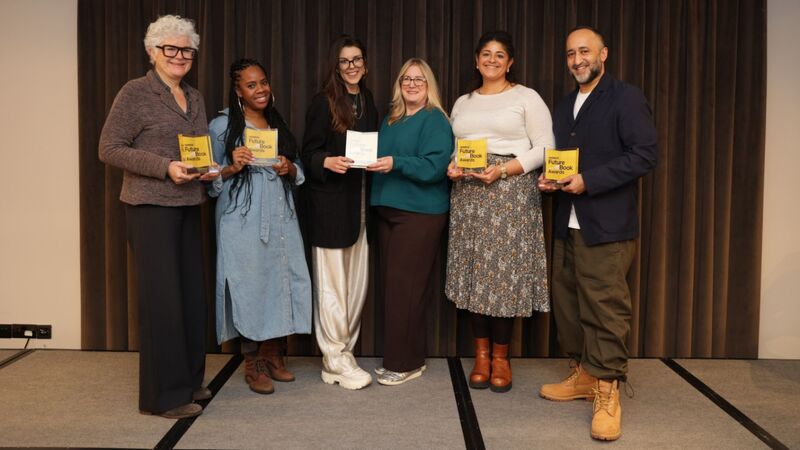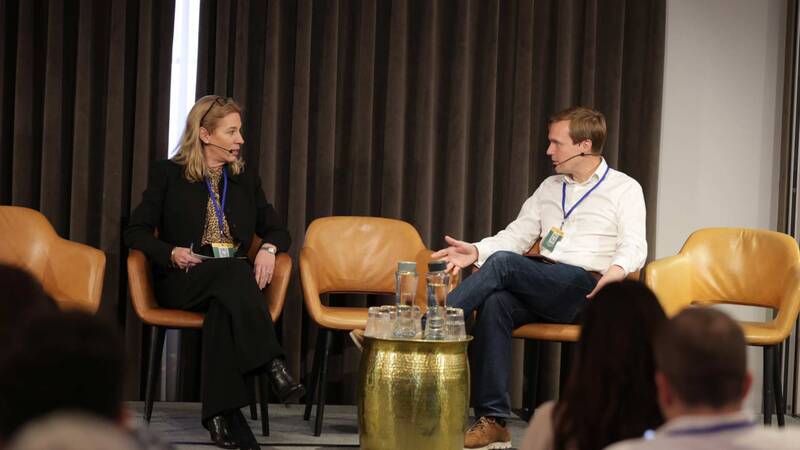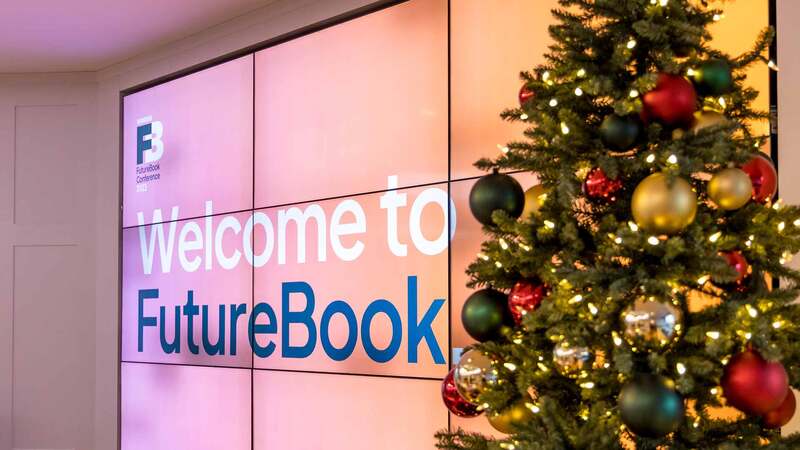You are viewing your 1 free article this month. Login to read more articles.
Futurebook: Shelley urges against 'complacency' in publishing on diversity
Hachette chief executive David Shelley has called for greater strides in inclusion and diversity in his Futurebook keynote.
Speaking on the topic of change at the Futurebook conference in Bishopsgate, London, on Friday (30th November) - also the morning of the release of Hachette UK's 2018 gender pay gap figures - Shelley said, in terms of diversity of those in leadership roles, the industry "should have moved on much further ... and it is to our discredit that we haven’t".
Recalling his entry into the sector in 1997, starting out at indie press Allison & Busby, Shelley began by encouraging the industry to celebrate the progress it has made over the past two decades, discussing the “radical transformation” of global sales, the technological revolutions of e-book and audio and expansion of marketing, as well as the important “disruption” offered by independent publishers.
“I really wanted to reflect on the ways we already have changed, the strides we have made and all the ways we are anything but traditional as an industry," he said. "I think self-flagellation is actually very healthy – in the metaphorical sense, at least - in lots of ways, but I think it is also healthy to celebrate and I wanted to take this time to do just that.”
The Hachette chief described how “boozy” the industry was when he joined it in 1997, and so had failed to be inclusive where networking was concerned, including a lunch with a leading literary agent which ran from 12.30 to 7pm.
“Business was still largely conducted over lunch, and lunches could be long and very, very boozy," he said. "I quickly learnt that business relationships were formed at parties and lunches and learnt the importance of long term connections and friendships in our industry.”
Over the last 21 years, the social approach in publishing has become more holistic though, Shelley argued: “Fast-forward to 2018… It is an industry where business can be conducted over a glass of wine or over a cup of tea, in the daytime or in the evening.
“There has been a radical shift in the last 20 years or so and I think it is largely for the better - if I look back to 1997, what sort of an industry was that for someone who didn’t drink for cultural or religious or other reasons? How inclusive were we for people who weren’t ‘clubbable’, a term that was fairly common then and fortunately isn’t now. Although we of course have much further to go in terms of inclusivity, we have changed a lot already.”
Ultimately, however, he warned that inclusion and diversity still has a way to go. “The last thing I want to do is to be complacent about where we are,” Shelley said. “We still have a very long way to go in terms of diversity and inclusion. I think about Margaret Busby who co-founded Allison & Busby in 1967 and was the first woman of colour in the UK to run a publishing company ... by this stage, in terms of diversity in leadership roles, we should have moved on much further as an industry and it is to our discredit that we haven’t.”
Other topics touched upon by Shelley in his talk included the impact of technological advances made within the industry and its globalisation. Harking back to the birth of Nielsen BookScan, he said many in the trade initially regarded the tool as “witchcraft” but that this data had by now improved the transparency of the sector, creating a more level playing field.
“People sometimes think that data is soulless but I completely disagree. I see it as something that enables and fosters creativity, helps people from all backgrounds discover new authors, and helps authors sell books,” he said.
The trade’s "global" mindset in relation to sales has also been transformative, Shelley said. “I think our mindset is now completely transformed. In trade publishing, I feel we now see ourselves as global publishers domiciled in the UK, publishing books that will appeal globally, and knowing how to reach consumers all around the world. This is a fundamental shift; we no longer think of ‘home’ sales and ‘export’ sales but of one global market, something that I think is significant with Brexit looming.”
Considering technological advances made over the past two decades, he continued: “In terms of digital publishing, we have also seen a complete revolution take place, and a fundamental change in our business model which, as an industry, I feel we have weathered much better than many comparable creative industries. In audio publishing too, we have been through several revolutions and are in the middle of another one.”
Considering how the publishing industry would evolve, he credited the growth of smaller, independent publishers, too, for forcing corporates to transform effectively. “I have always believed that large publishers have much to learn from indies, and the disruption that they have provided - together with entrepreneurial and ingenious self-publishers - has to my mind been an exciting disruption and given us the kick up the backside that we all need from time to time,” he said.
“This sort of disruption ultimately helps us move forward and weather the storms that have threatened other industries.”




